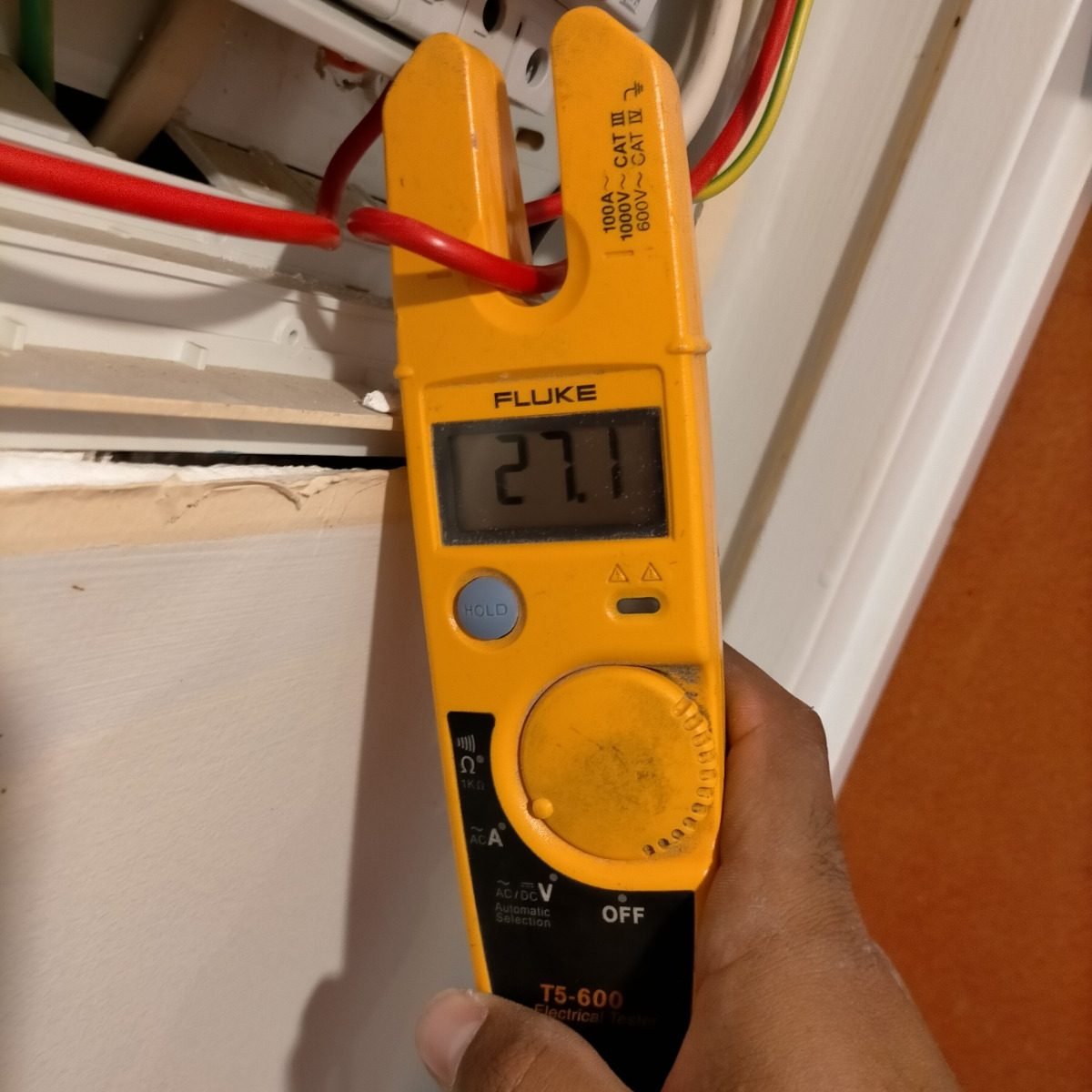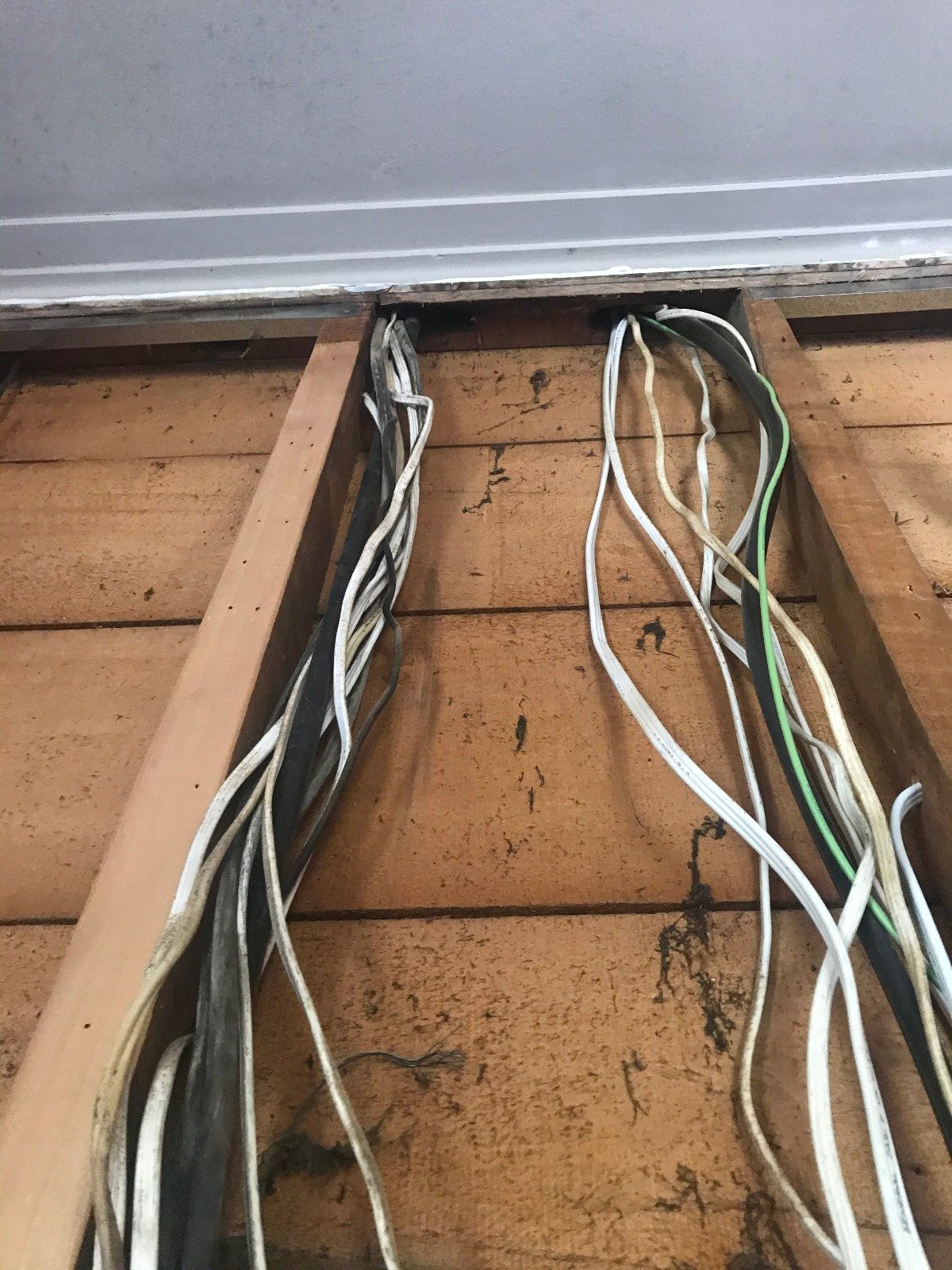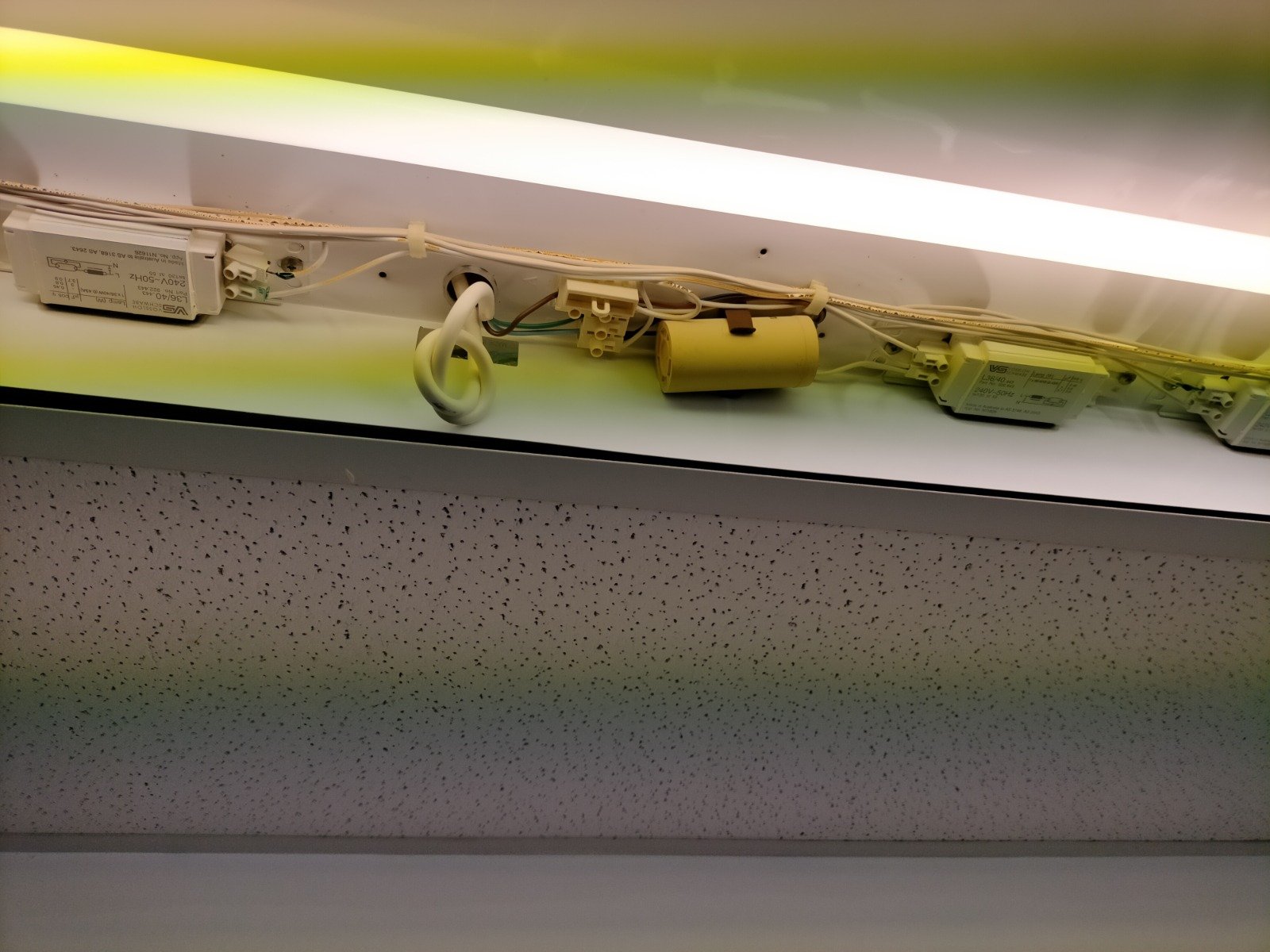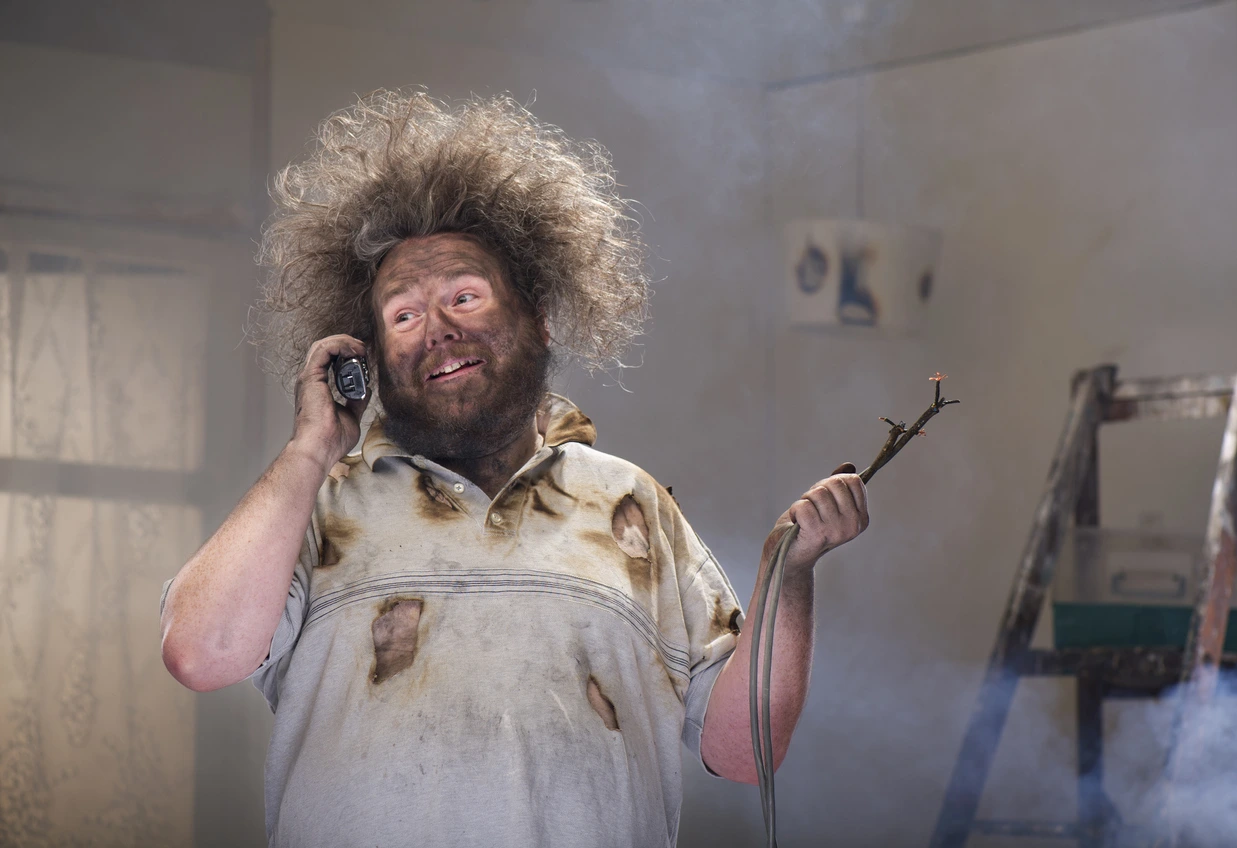
Kiwis often consider do-it-yourself home improvement as the best way to do things. Some may even argue that DIY work is embedded in the Kiwis’ DNA. The whole country’s interest and preference over DIY back in the 1950s have paved the way for the popularity of magazines, websites, retail stores, and hardware shops geared towards boosting the DIY home repair and improvement industry.
However, DIY projects can only go so far in addressing aesthetic and some minor structural issues. At the end of the day, critical concerns such as electrical faults are best left to professionals. Otherwise, it could result in bigger and more pressing problems.
Different Types of Electrical Problems
Homeowners may encounter a wide range of electrical problems. Unfortunately, unlike a leaky tap or a rusty doorknob and hinge, faulty wiring and other electrical products can pose serious life-threatening risks. Knowing what sort of issue you’re dealing with can help you decide whether to resolve the problem yourself or call in an experienced tradie. Below are the most common examples of electrical mishaps and what you can do to address them.
Faulty Light Fixtures
It can be quite frustrating when the lights flicker or when the switches don’t work as they should. Most of the time, this issue is caused by poor-quality installation . It’s a simple issue you can try to fix your own, but you can surely benefit from a pro’s service.
Frequently Tripping Circuit Breakers
Circuit breakers are designed to protect electrical appliances and wiring from power fluctuations. If your circuit breaker trips, then you know that it’s serving its purpose. However, if you notice constant tripping, it may be a sign that the power board is overloaded. You can solve this issue by distributing power use in your household.

If the problem comes from a short circuit, you need to do some sleuthing. Better yet, you should contact an electrician so you can trace the origin of the short circuit and have the faulty wiring fixed or replaced.
Light Bulbs Often Burn Out
Does your light bulbs burn out often? It can be caused by various reasons, including high wattage, lousy wiring, excess wattage on a switch, and low-quality wirings and bulbs. To address the issue effectively, you need to determine its root cause. To do that, you must have enough experience and skills. Alternatively, you can ask for help from a local electrical specialist.
Power Fluctuations
A wide range of things can cause power surges and dips. And in most cases, they’re not easy to uncover if you don’t have enough knowledge of electrical wirings and systems. It’s essential to consult with an expert if you notice any of the two issues so you can prevent severe appliance damage or even accidents like fire and electrocution.
An Unexplainable Surge in Electric Consumption
High energy consumption means expensive electric bills. Paying costly fees is definitely not something you want to look forward to at the end of the month. While some households are guilty of consuming more energy than needed, others unknowingly use up a lot of power because of a poorly installed electrical system. If you think that your power usage doesn’t add up with the fees you need to pay, you can have your system assessed by an electrician.
Letting the Pros Do the Electrical Work
Working on electrical faults can be extremely dangerous. There have been records of fatal accidents that resulted from DIY electrical> work in New Zealand. Many things can go wrong if you choose to handle electrical problems yourself. Here are some examples:
-
- Electrocution – Electrocution can be deadly, especially at high voltage levels. It could result in respiratory arrest, seizure, muscle tingling, and skin burns.
- Fire – Mishandled wires and electrical systems often causes fires. Inexperienced handymen might end up placing wirings in the wrong place. Unfortunately, unlike in electric shocks, fire hazards remain unknown until the accident happens.
- Accidents resulting from faulty outdoor outlets — Failure to work out problems such as damaged outdoor outlets can result in accidents. Unless you have what it takes to do the job, don’t attempt to do it.
- Expensive repair and follow up services – Besides accident risks, DIY electrical is considered highly impractical because it could require costly follow-up repairs and other services. You may need to completely rewire a place or replace installed fittings if you don’t get it right the first time.
- Improper use of tools or electrical products – Doing electrical work requires a high level of expertise and a lot of finesse. If you opt for DIY, you may risk using low-quality products that would eventually wear out and trigger all kinds of mishaps.
While DIY work seems to be the ideal option for folks who’d like to save money or those who prefer doing things themselves, it’s still safer and more practical to work with a pro. With it, you get to eliminates the guesswork and ensure the safety of your household. Hiring an experienced residential electrician also assures you that you can address the issue fast.














